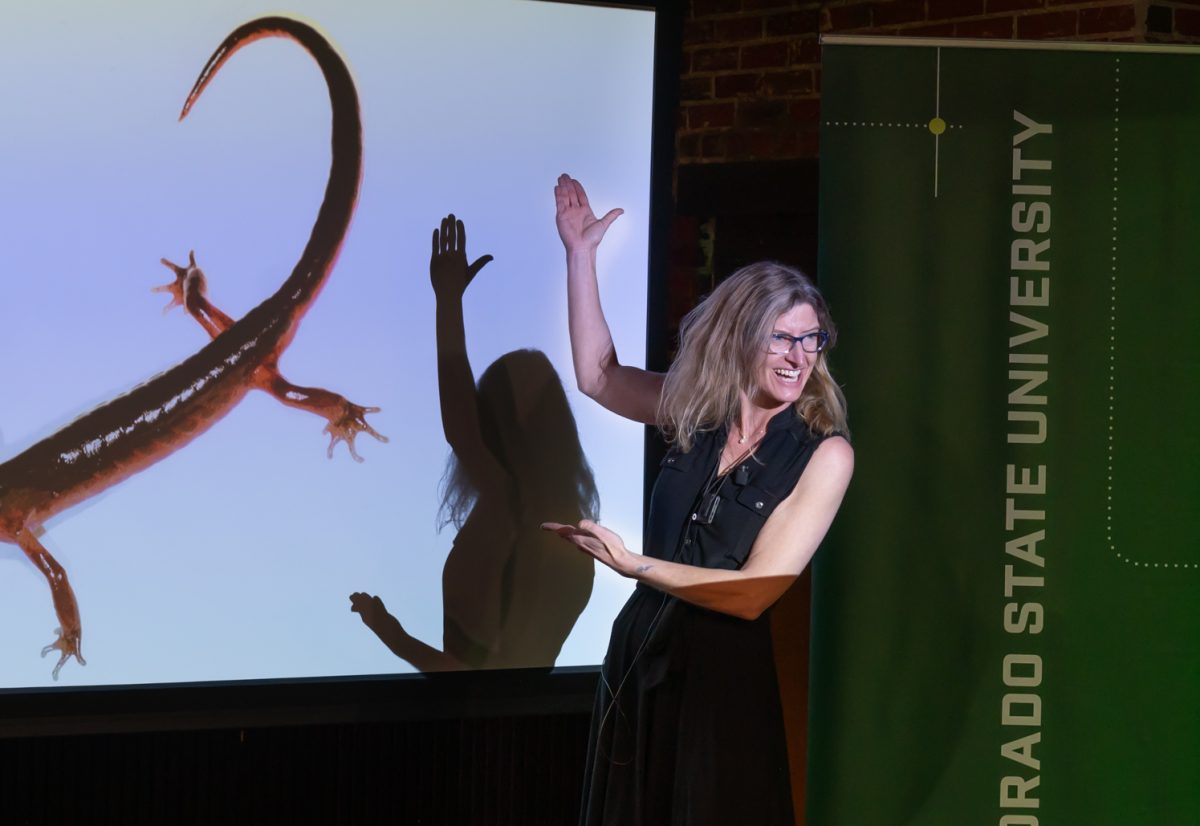After resident assistants voiced concerns over their job security if Colorado State University were to go 100% online, Housing & Dining Services at CSU issued a response.
“As with many employment agreements on- and off-campus, the RA employment agreement was updated this summer to address some changes related to the pandemic,” Helena Gardner, director of University Housing, wrote in an email to The Collegian. “All RAs received an email about the changes in mid-July and were asked to let us know if they still wished to remain an RA.”
Gardner wrote that if the RAs wished to remain an RA with the changes, they were sent a link to review and sign a new employment agreement. Gardner wrote that all RAs were aware of the changes to their contracts when they signed their new agreements.
“We would continue to support student success, and that may mean particular aspects of the job would be adjusted to follow health guidelines and address campuswide needs.” -Helena Gardner, director of University Housing
This response came after some RAs told The Collegian they were worried about their housing security if CSU were to send freshmen home. Some RAs said they were told they would have to vacate their rooms.
Gardner wrote that CSU does not plan to turn away any student who needs a place to live, including RAs.
“Depending on the number of students in the halls, we would keep as many RAs on staff as we possibly could,” Gardner wrote. “We would continue to support student success, and that may mean particular aspects of the job would be adjusted to follow health guidelines and address campuswide needs.”
Gardner wrote that the contracts originally changed after the experience with residence halls when CSU went online last fall. Gardner wrote that of the 6,000 students living in the dorms, only about 500, including RAs, remained when CSU shut down. This meant that the students were confined to only two residence halls.
“University Housing experienced significant impacts to the budget, and as a result of what we learned during the spring semester, we were better able to prepare for classes going virtual this fall,” Gardner wrote. “Anticipating similar circumstances if we went virtual before fall break, we purposefully notified staff in advance that we would need to be nimble.”
Gardner wrote that they had more time to prepare for the spring semester and put in the effort to be more thoughtful to their students. Gardner wrote that RAs were told to prepare for if employment dates were to change and that they should be available when CSU plans to go online after the fall break.
Some RAs, however, still find issues in the way Housing & Dining treats its staff, especially during the pandemic. Comments from several RAs were shared with The Collegian that described the way they felt about their treatment as RAs.
“They don’t inform us about anything. We ask questions, and they give us vague, unclear answers. They pretend like nothing is wrong and everything is ok. … We don’t even know if we’re going to be kicked out of our dorms if classes move 100% online.”– Anonymous resident assistant
These comments will remain anonymous, as RAs said oftentimes when they had voiced feedback or concern in the past, it was met with backlash and consequences.
“(Housing & Dining) has no idea what they are doing,” one RA wrote. “They don’t inform us about anything. We ask questions, and they give us vague, unclear answers. They pretend like nothing is wrong and everything is OK. … We don’t even know if we’re going to be kicked out of our dorms if classes move 100% online. Some of us have nowhere else to go, and we need answers so we can prepare for when that inevitably happens.”
Another RA shared similar concerns and wrote that questions about the updated RA contracts and job security after CSU closes were often glossed over.
“When a group of RAs started speaking up on how it all wasn’t being answered, one of the supervisors in Housing said that our contracts had been changed to ‘allow the University to be nimble in planning,’” the RA wrote. “Almost like they knew they’ll have to change their plans coming into the school year and don’t want to admit that.”
The RA also wrote that many RAs find their jobs to be the only way they can stay out of bad family situations at home, but they wrote that they felt the University can still force them out of the residence halls despite that.
Another RA wrote that when COVID-19-related safety comes up in meetings, RAs are told that the University values their lives above their jobs. However, the RA wrote that they were also told that if they feared the pandemic, they should quit, as their lives were more important.
“This blatantly and intentionally disregards the fact that we depend on CSU for a place to live and food to eat and that we’re given only a few days to vacate should we quit or be fired,” the RA wrote. “We were basically told that if we feared the pandemic on campus, to just quit and make ourselves displaced instead.”
Gardner wrote that Housing & Dining acknowledges how difficult things this year are for everyone, including professional and student staff.
“There are no easy decisions during a pandemic,” Gardner wrote. “And we are struggling through this together. We all wish we could have had a fall similar to last year, and knowing that’s not possible, we are doing all that we can to support our residents and student staff in this new reality.”
Ceci Taylor can be reached at news@collegian.com or on Twitter @cecelia_twt.










